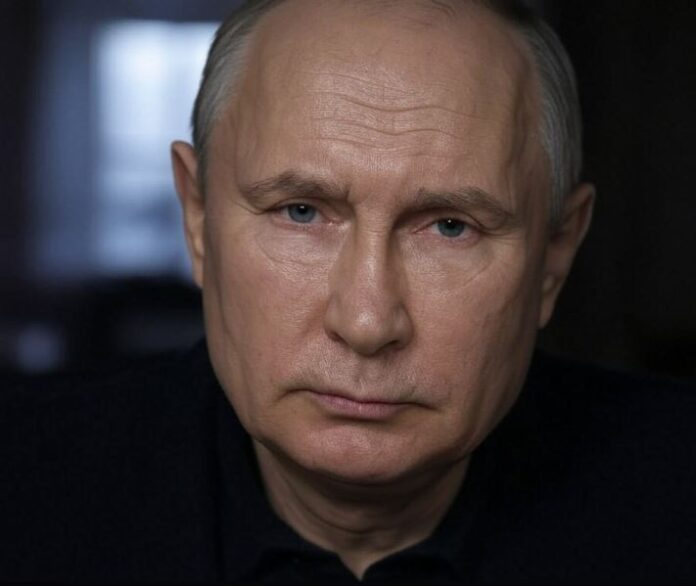As the conflict between Russia and Ukraine stretches into its third year, the Kremlin has issued a stark declaration regarding the endgame of what Russia terms its “special military operation.” Kremlin spokesman Dmitry Peskov has stated unequivocally that the war will continue until President Vladimir Putin’s objectives are fully realized. These objectives include Ukraine renouncing any ambitions to join NATO and relinquishing control over four regions — Donetsk, Luhansk, Zaporizhia, and Kherson — which Russia has annexed following referendums widely criticized as shams by the international community.
This position from Moscow has been met with outright rejection in Kyiv. Ukrainian officials have labeled Putin’s demands as a “non-starter,” highlighting the impossibility of conceding to such territorial losses or abandoning NATO aspirations, which are seen as crucial for Ukraine’s security against further Russian aggression.
Also Read: Israel Rolls into Syria as Assad’s Fall Shakes the Region
Peskov’s comments, delivered in his capacity as the Kremlin’s voice, underline the Kremlin’s stance: “The special military operation will end when all the objectives set by the president and commander-in-chief have been achieved. These goals can be achieved as a result of the special military operation or a result of relevant negotiations.” However, with Ukraine’s unwavering resolve, the prospects for meaningful negotiations appear bleak.
In a provocative countermove, Ukrainian President Volodymyr Zelensky has suggested the deployment of foreign troops in Ukraine as a temporary measure until the country can become a part of NATO. This proposal, aimed at bolstering Ukraine’s defense capabilities, is likely to provoke even stronger reactions from Moscow, further complicating an already tense situation. The idea of foreign military presence in Ukraine, even if for defensive purposes, is a red line for Russia, likely to be met with increased hostility and military posturing.
On the ground, the fighting continues with no immediate signs of de-escalation. Recent updates indicate Russian forces have made some territorial gains, particularly east of Velyka Novosilka, capturing Blahodatne and Rozdol’ne, and advancing towards Ukrainian fortifications. However, these advances come at a high cost, with reports of significant Russian casualties and losses of military equipment, suggesting a war of attrition that could drag on indefinitely.
As winter approaches, the conflict’s impact is felt not just in the battlefields but in the daily lives of millions, with infrastructure attacks affecting energy supplies. With diplomacy seemingly out of reach and Putin’s “special operation” showing no signs of concluding, the international community watches with growing concern as the human and economic toll mounts, and the geopolitical landscape of Eastern Europe continues to shift.



